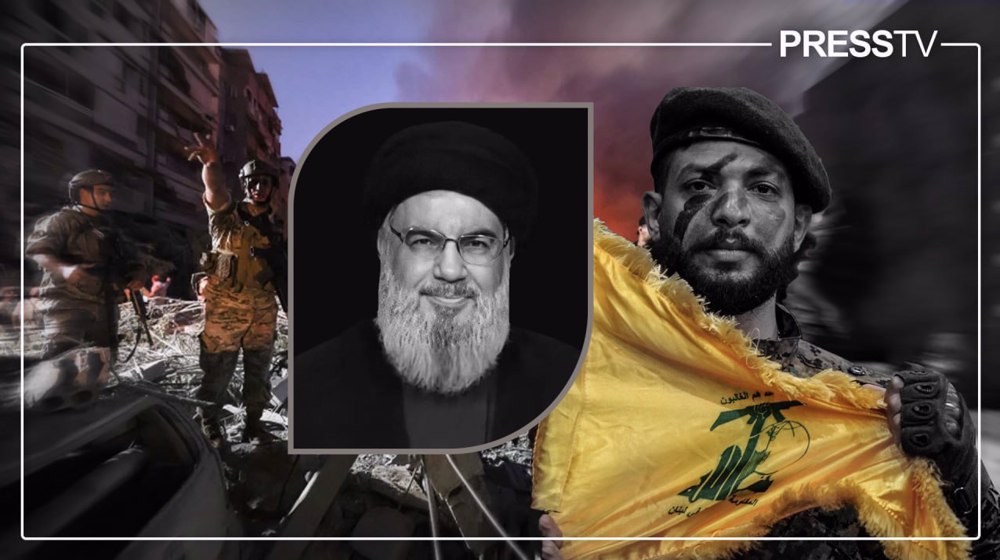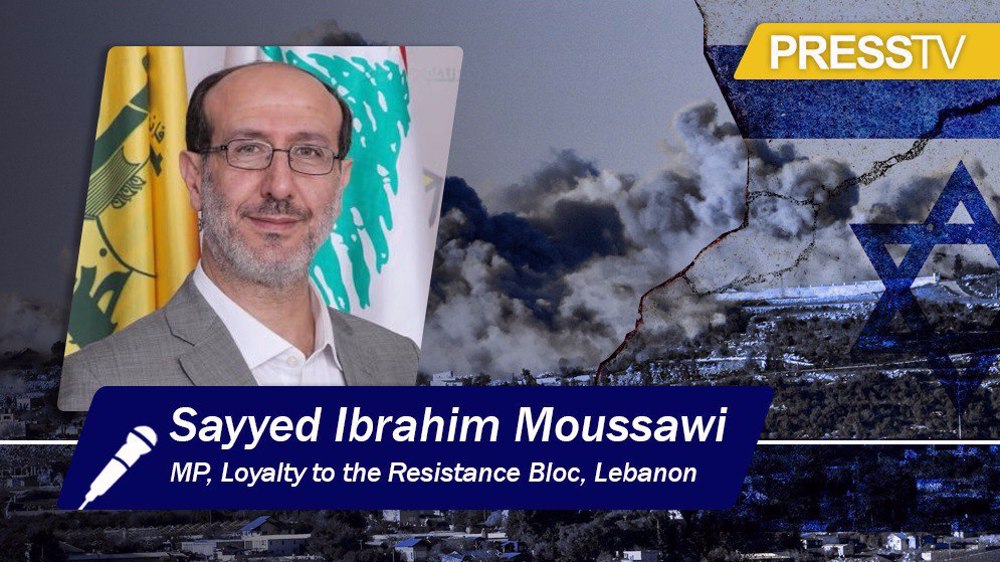Israel military launches artillery into Lebanon
The Israeli military has fired a number of artillery rounds into Lebanon amid a pledge by the Lebanese resistance movement, Hezbollah, that it will not leave unanswered Israel’s assassination of its high-ranking member Samir Qantar.
On Sunday, Israeli forces shelled the Lebanese border fence for the fourth consecutive day. The Israeli military feared that Hezbollah forces might take advantage of the stormy weather and the poor visibility to launch a strike.
The Israeli shelling comes two weeks after Qantar was killed during the Israeli raid that targeted his home in the southern Syrian city of Jaramana, located 10 kilometers (6.2 miles) southeast of the Syrian capital, Damascus, early on December 20, 2015.
Following Qantar’s death, Hezbollah Secretary General Sayyed Hassan Nasrallah said, "We reserve the right to respond to this assassination at the time and place of our choosing. Those of us in Hezbollah will exercise that right."
“We have no doubt or question that Israel is the one which assassinated Samir Qantar, its planes fired precise missiles on an apartment (he was in),” Nasrallah noted.
Senior Hezbollah official Hashem Safieddine also said that Tel Aviv will be held accountable for Qantar’s death.
"If the Israelis think by killing Samir Qantar they have closed an account then they are very mistaken because they know and will come to know that they have instead opened several more," Safieddine added.
Israel launched two wars on Lebanon in 2000 and 2006. About 1,200 Lebanese, most of them civilians, lost their lives during the 33-day war in the summer of 2006.
On both occasions, Hezbollah fighters gave befitting responses to the Tel Aviv regime’s acts of aggression, forcing Israeli military to retreat without achieving any of its objectives.
The Tel Aviv regime has resorted to an intelligence and psychological campaign against Hezbollah to compensate for its fiascos in the two wars on Lebanon.
Israel violates Lebanon’s airspace on an almost daily basis through sending reconnaissance drones, claiming the flights serve surveillance purposes.
Israeli strikes on north Gaza hospital ‘extremely dangerous, terrifying’: Director
VIDEO | Yemen targets Tel Aviv with Palestine 2 missiles
Pezeshkian: Iran resolved to complete North-South Transport Corridor
VIDEO | Iran-Syria: For Resistance
Qassam Brigades claims killing 3 Israeli troops in northern Gaza
More alive than ever: Sayyed Hassan Nasrallah's legacy grows stronger in martyrdom
Occupation of Syria’s highest peak Mount Hermon part of ‘Greater Israel’ project
Iran: Syrian people will decide their future without foreign interference


















 This makes it easy to access the Press TV website
This makes it easy to access the Press TV website